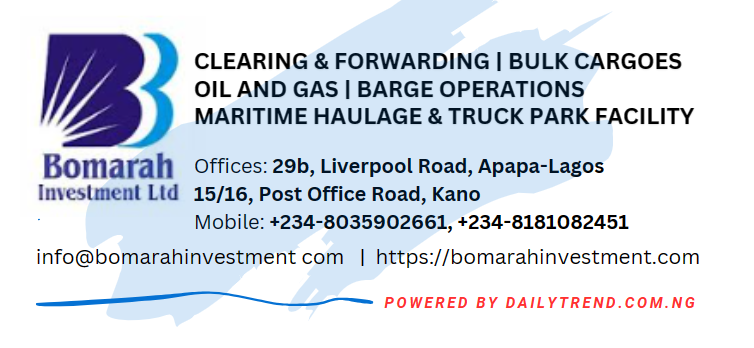At CIOTA Summit, Don Seeks Competitive Environment to Attract More Investors in Transport Industry

L-R: The Trade Corps Commander, Ogun State Traffic Compliance and Enforcement Agency, Prince Seni Ogunyemi, Prof. Elizabeth Onwuka, Communications Engineer, Prof Callistus Ibe, Prof. Samuel Odewumi of the Lagos State University (LASU), Acting Director, School of Maritime Transport Studies, Mr Gabriel Eto, during panel discussion at the 2nd Annual summit of the Chartered Institute of Transport Administration of Nigeria (CIOTA) held in Abuja on Wednesday
Prof. Innocent Ogwude, Chairman, Summit Intellectual /Technical Committee, on Wednesday called for a more competitive environment for the transport sector in order to attract investors with the requisite infrastructure.
Ogwude made the call during the 2nd Annual summit of the Chartered Institute of Transport Administration of Nigeria (CIOTA) which took place in Abuja.
The Theme for the 2nd annual summit is “Building Sustainable Transport Infrastructure in Nigeria :Opportunities, Innovations and Technologies”.
Ogwude stressed that there was need to create a competitive environment in the transport sector which could be achieved by unbundling the existing monopoly structure, represented by the Nigerian Railway Corporation.
He noted that in line with global trends, Nigeria had embarked on a programme of transport sector reforms since 1999 and the reforms were yet to deliver the goods.
Ogwude said there was need to unbundle the monopoly structure of Ministry of Works, Nigerian Inland Waterways, as well as Federal Air Port Authority to enable fair participation of the private sector in the industry.
“Until the transport industry transforms into a truly market economy, with legislative institutions on technical and economical and economic regulation.
“The opportunities for innovation and technology in sustainable transport infrastructure development would remain challenged,”he said.
In the same vein, Acting Director, School of Maritime Transport Studies, Mr Gabriel Eto, said there was need for sustainable maritime policies to address all the challenges in the sector.
The acting director called for the cooperation of the legislature and the judiciary to enact maritime laws that would reduce the time spent in prosecuting maritime cases in Nigeria.
Eto said there was need for all the segments such as mainstream, maritime education sector to collaborate, that would enable maritime cadets to go onboard ships for sea-time training to facilitate their acquisition of certificate of competency.
In another presentation, titled: ‘Transport Infrastructure and Smart City Development in Nigeria’, Prof. Bamidele Badejo, of the Department of Geography, Olabisi Onabanjo University, said that smart transport infrastructure should be designed to be valuable.
Badejo said a smart city would change the governance of a city, and influence cooperation among stakeholders active in the field.
Prof Callistus Ibe, one of the panelists said sustainable infrastructure in the sector would bring opportunities, but should be properly planned and managed with professionals at the helm.
Ibe called for an improvement in local technology that would suit the environment and to eventually discourage the importation of foreign technology.
Prof. Samuel Odewumi of the Lagos State University (LASU), said there was need to build indigenous capacity, noting that Nigeria could not succeed by importing alone, but to master and adapt imported technology.
“we must survey the ground and make use of what we have, rather than purchasing equipment that are specific for other countries which could not solve our problem in the country,”he said.
Odewumi said that smart city is a journey, and not a product adding that Nigeria was the key factor to make the smart city grow.
Prof. Elizabeth Onwuka, Communications Engineer, said that smart city had components such as smart people, smart mobility, smart governance, smart energy management adding that smartness also means connectedness which involved data collection.
The Trade Corps Commander, Ogun State Traffic Compliance and Enforcement Agency, Mr Seni Ogunyemi, said the country needs to build capacity to sustain the transport sector in the country.
He said that we needed to boost capacity building to enable us solve the challenges of Institutional failure






